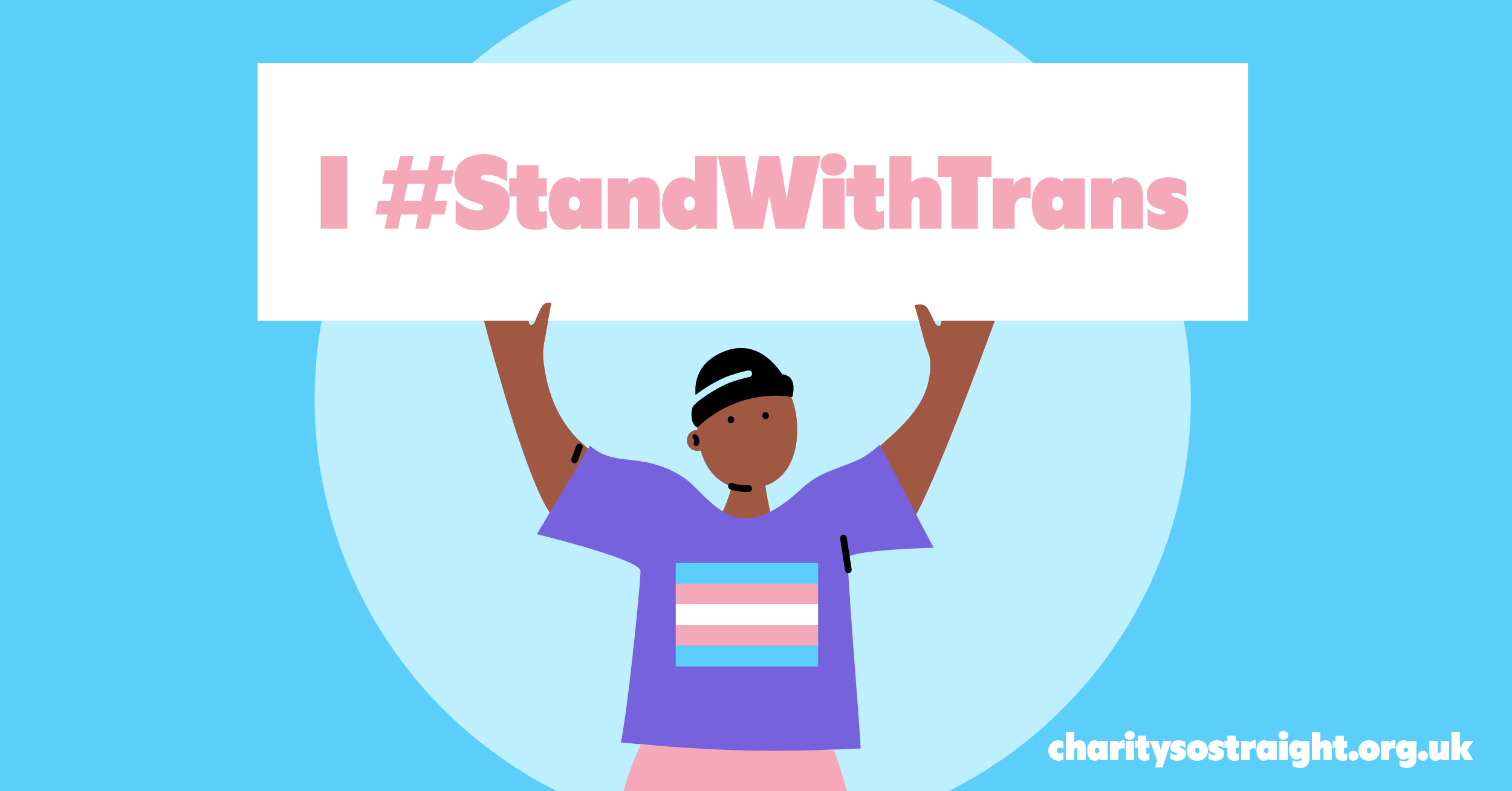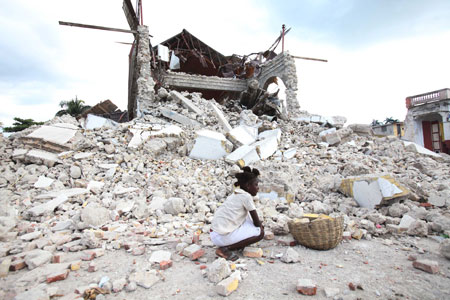Owais Khan, deputy CEO of Human Appeal reflects on visiting Turkey after the devastating earthquakes, meeting aid workers on the ground and witnessing the power of people working together.
______________________________________________________________
When the earthquake hit Turkey and Syria on 6 February 2023, I was visiting Pakistan assisting and organising rebuilding and humanitarian efforts following the devastating flooding. I had my final meeting, cut short plans to see family, and found the first flight I could to Istanbul.
Wednesday, February 15 – Adana to Nurdagi
I travelled through the night and arrived in Istanbul at 6:55am on 15 February. From there I flew straight to Adana.
We were picked up by a member of the on-ground team who drove us 150km west to Nurdagi. It was my first time seeing the aftermath of the earthquake. Buildings were razed to the ground, and the roads were littered with debris. Any homes that weren’t completely flattened had structural cracks and broken windows, leaving them totally uninhabitable.
The enormity of the destruction was like nothing I’d ever seen. As we drove, my colleague turned to me and said, “If this surprises you, just wait until we get to Hatay.”
As night fell, we parked up next to the remains of a two-storey house. Just one wall was standing, the rest of the living room open to the elements. Despite the freezing temperatures, locals gathered among the rubble waiting for bodies of family members to be recovered so they could bury them, before moving on.
In the evening, we regrouped with our ground team to assist with food distribution efforts, providing 2,000 hot meals a day to those affected by the earthquake. We were one of the swiftest aid organisations to swing into action due to our longstanding presence in the region.
Once the distribution ended, we travelled to Gaziantep. I checked into a hotel and was given a room on the second floor. I barely slept that night - the aftershocks continued and I feared the worst.
Thursday, 16 February – Gaziantep
We continued with food distribution on the ground in Gaziantep. Our programmes were being led by our Turkey and Northwest Syria Programme Director, Dr Ubeyd, who was working round the clock with his team despite losing their own homes to the destruction.
In Gaziantep, our distribution of food, health and hygiene packs were delivered largely to Syrian refugees, mostly women and children who had now lost their homes for a second time.
Friday, 17 February - Hatay
The devastation increased with each new city we passed through.
We stopped at a petrol station to buy something to eat, but the cracked building was completely barren. The whole place had been ransacked. No food, no water.
I had been to Hatay in 2013, but the city was unrecognisable. Buildings that weren’t flattened stood precariously, towering over a minefield of concrete, bricks and glass. You could smell the devastation in the air, with many bodies still waiting to be recovered from the ruins. The selfless local teams clearing the rubble were doing a brilliant job, I couldn’t quite believe how much progress they had made within just one week.
I focused on the aid Human Appeal was administering, and what could be done to help those in need. I also met with my own staff, including those who’d tragically lost family members.
My responsibility was to ensure my team members were kept safe.
One colleague, Metaath, worked in our audiology department. My colleague, who had worked with him previously, embraced him while he spoke to us. Metaath’s wife and daughters had survived the earthquake, and he told us how he quickly drove desperately in search of his parent's and siblings' homes that were now reduced to rubble.
The bodies of Metaath’s mother and sister were recovered from the wreckage. He told us of his young sister, “She wanted to travel and see the world and her dreams are gone. Our mum was the glue in our family. I don’t know what we are going to do at Eid.”
We stayed with Metaath for some time, but he said he wouldn’t leave Hatay until all his family had been pulled from the rubble.
I met an older lady in her 70s waiting with her husband for the bodies of her sons to be recovered. Unfortunately, neither of them survived. She kept repeating and praying, “God give me patience.” Nobody could comfort her. We made sure our team kept in contact with the couple to support them through their tragic loss.
I was so moved by our own staff – people who had lost so many members of their own family but were still working tirelessly in Turkey and Syria. One of our colleagues, Mulham, lost 56 members of their extended family, but he was determined to assist with relief efforts.
I spoke to Farah, a Syrian team member based in Turkey, who was now living in a shack with 18 family members. She had lost everything. They had re-entered their flats, though highly dangerous, to retrieve any clothes and items that were still intact.
She said, “We are refugees for the second time in our lives. We had once left everything and made Hatay our home, and now we have lost everything again.” She was still busy working as an orphan coordinator, following up on the safety of all the children she is responsible for in Northwest Syria.
Saturday, 18 February – Hatay
Our distribution and aid continued in Hatay.
After a whole day without an internet connection, I discovered that my wife was having a medical emergency at home in the UK, and my own children now needed me too.
Sunday 19 February – Travelling back to the UK
I tried to find a flight from Gaziantep back to Istanbul and Istanbul to Manchester, but only emergency flights were available. Securing a flight home was much harder than anticipated, but after several failed attempts, I was able to fly back to Gatwick on Sunday evening.
As I reflect on my time in Turkey, my thoughts are with the on-ground staff. They work tirelessly even now, as the rebuilding effort continues.
Many now have homes in new cities or are still separated from their families as they continue their work in the most damaged areas. Some travel daily into Syria, where we have created 1000 temporary shelters, or to our hospital, which continued to treat people even while its walls are rebuilt around them. It is my duty, and pleasure, to support them, they are Human Appeal.
Charity Times video Q&A: In conversation with Hilda Hayo, CEO of Dementia UK
Charity Times editor, Lauren Weymouth, is joined by Dementia UK CEO, Hilda Hayo to discuss why the charity receives such high workplace satisfaction results, what a positive working culture looks like and the importance of lived experience among staff. The pair talk about challenges facing the charity, the impact felt by the pandemic and how it's striving to overcome obstacles and continue to be a highly impactful organisation for anybody affected by dementia.
Charity Times Awards 2023
Mitigating risk and reducing claims

The cost-of-living crisis is impacting charities in a number of ways, including the risks they take. Endsleigh Insurance’s* senior risk management consultant Scott Crichton joins Charity Times to discuss the ramifications of prioritising certain types of risk over others, the financial implications risk can have if not managed properly, and tips for charities to help manage those risks.
* Coming soon… Howden, the new name for Endsleigh.
* Coming soon… Howden, the new name for Endsleigh.
Better Society

© 2021 Perspective Publishing Privacy & Cookies











Recent Stories